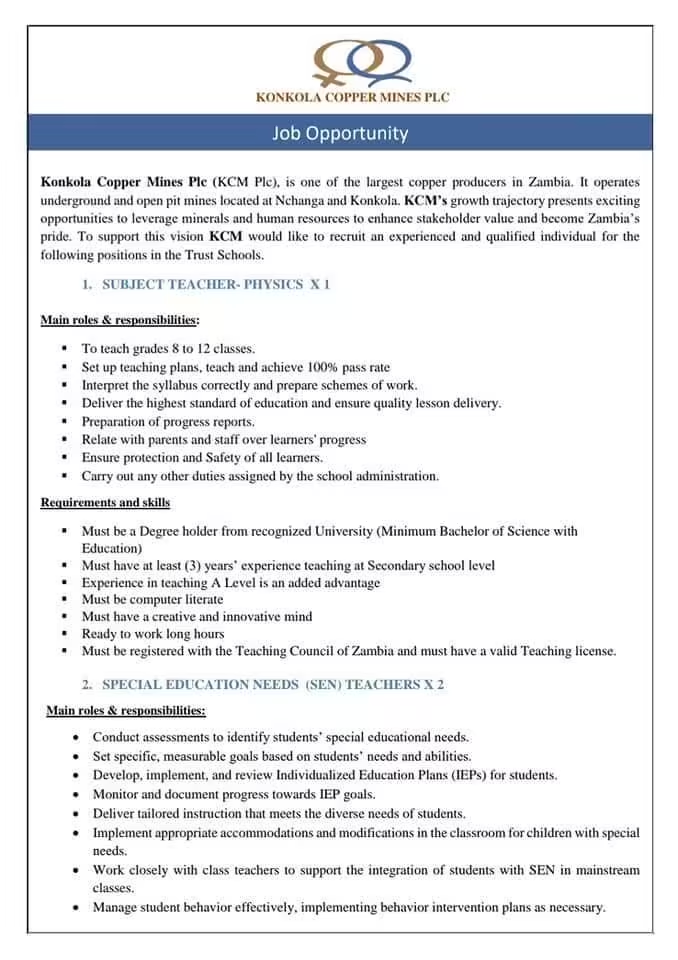
Self-awareness is the conscious knowledge of one’s own character, feelings, motives, and desires. It is a crucial aspect of personal growth and emotional intelligence, enabling individuals to understand themselves better and navigate life more effectively. By developing self-awareness, you can improve your relationships, enhance your decision-making, and lead a more fulfilling life. Here’s why self-awareness matters and how to cultivate it.
Understanding Self-Awareness
Self-awareness involves two main components:
- Internal Self-Awareness: This is the inward understanding of your thoughts, emotions, strengths, weaknesses, values, and desires. It’s about knowing who you are at your core and recognizing how your inner world influences your behavior and decisions.
- External Self-Awareness: This is the outward understanding of how others perceive you. It’s about being aware of the impact your actions have on others and understanding the social dynamics around you. This component helps you build empathy and improve interpersonal relationships.
The Benefits of Self-Awareness
- Improved Emotional Intelligence: Self-awareness is a cornerstone of emotional intelligence. By recognizing and understanding your emotions, you can manage them more effectively, leading to better emotional regulation and reduced stress.
- Enhanced Relationships: Being self-aware allows you to communicate more effectively and empathize with others. It helps you understand how your behavior affects those around you, leading to stronger, healthier relationships.
- Better Decision-Making: With self-awareness, you can make more informed decisions that align with your values and long-term goals. It enables you to recognize biases and avoid impulsive choices that may not serve your best interests.
- Increased Personal Growth: Self-awareness fosters personal growth by helping you identify areas for improvement. By understanding your strengths and weaknesses, you can work on developing new skills and overcoming personal challenges.
- Greater Life Satisfaction: When you are self-aware, you are more likely to live in alignment with your true self. This congruence between your actions and values leads to greater fulfillment and satisfaction in life.
Cultivating Self-Awareness
- Reflective Practices: Engage in regular self-reflection to gain insight into your thoughts, feelings, and behaviors. Journaling, meditation, and mindfulness exercises are powerful tools for fostering self-reflection and gaining deeper self-understanding.
- Seek Feedback: Solicit feedback from trusted friends, family, and colleagues. External perspectives can provide valuable insights into how others perceive you and highlight blind spots you may not be aware of.
- Mindfulness Meditation: Practicing mindfulness meditation helps you become more aware of your thoughts and emotions in the present moment. This heightened awareness can enhance your ability to recognize and understand your inner experiences.
- Personality Assessments: Utilize personality assessments and tools like the Myers-Briggs Type Indicator (MBTI) or the Enneagram to gain structured insights into your personality traits, strengths, and areas for growth.
- Set Aside Time for Introspection: Dedicate regular time for introspection to explore your motivations, values, and aspirations. This practice can help you understand what drives you and ensure that your actions align with your long-term goals.
- Practice Active Listening: When engaging with others, practice active listening to understand their perspectives fully. This can enhance your external self-awareness by revealing how your behavior impacts those around you.
Applying Self-Awareness in Daily Life
- Mindful Decision-Making: Apply self-awareness by making decisions mindfully. Consider how your choices align with your values and goals, and be aware of any biases or emotional influences that may affect your judgment.
- Emotional Regulation: Use your self-awareness to regulate your emotions effectively. Recognize when you are experiencing strong emotions, and employ strategies like deep breathing or taking a pause to respond rather than react impulsively.
- Enhance Communication: Improve your communication by being aware of your tone, body language, and the impact of your words. Strive to express yourself clearly and empathetically, considering how your message will be received.
- Goal Setting and Achievement: Set realistic and meaningful goals based on your self-awareness. Understand your strengths and weaknesses, and create action plans that leverage your strengths while addressing areas for improvement.
- Build Empathy: Enhance your empathy by understanding your own emotions and using that insight to connect with others. Recognize that everyone has their own struggles and perspectives, and approach interactions with compassion and understanding.
Conclusion
Self-awareness is a powerful tool for personal and professional development. By understanding yourself deeply, you can navigate life more effectively, build stronger relationships, and achieve greater fulfillment. Cultivating self-awareness requires regular practice and reflection, but the benefits are profound. Embrace the journey of self-discovery and unlock your full potential through the power of self-awareness.

